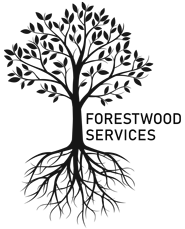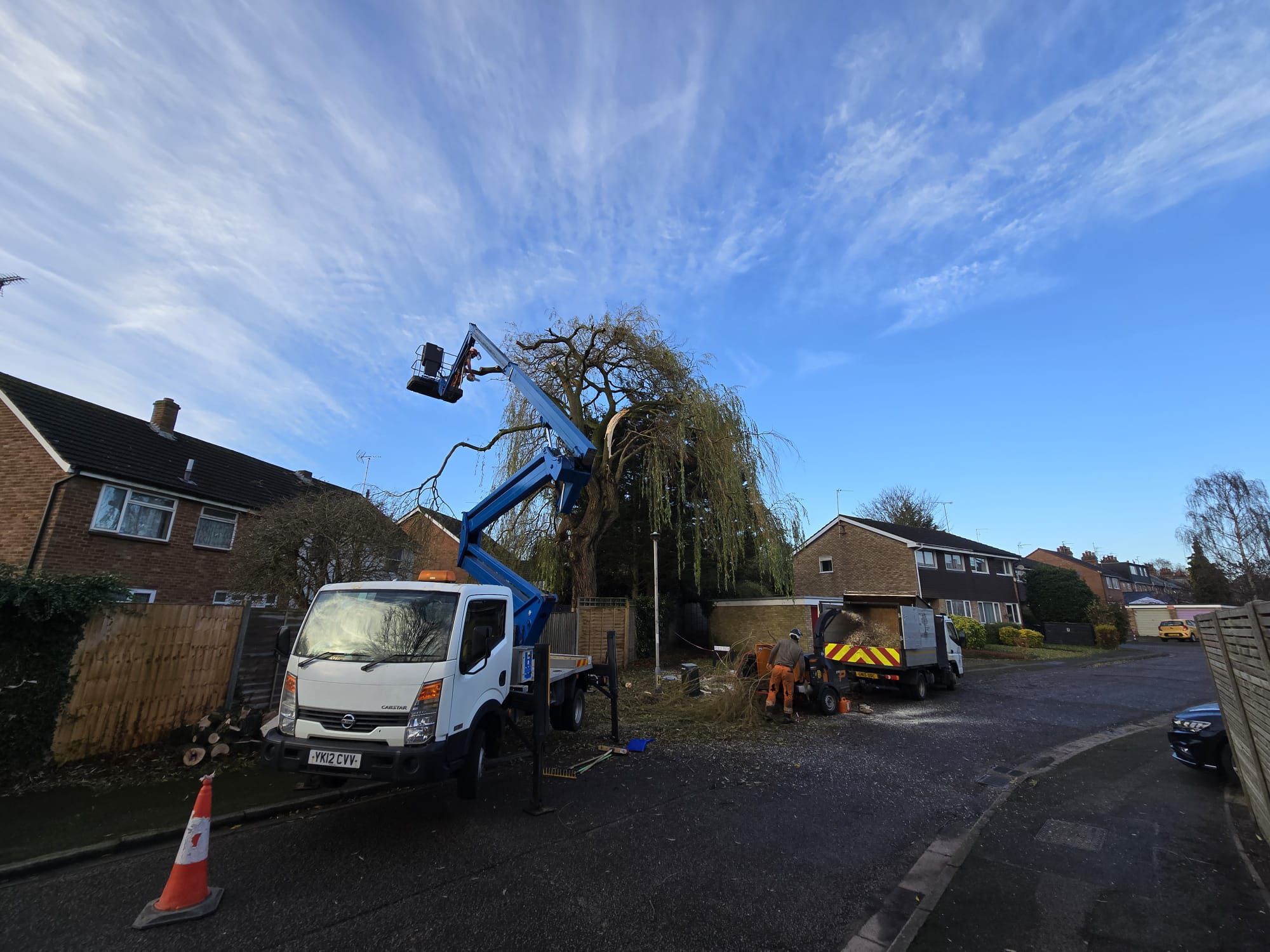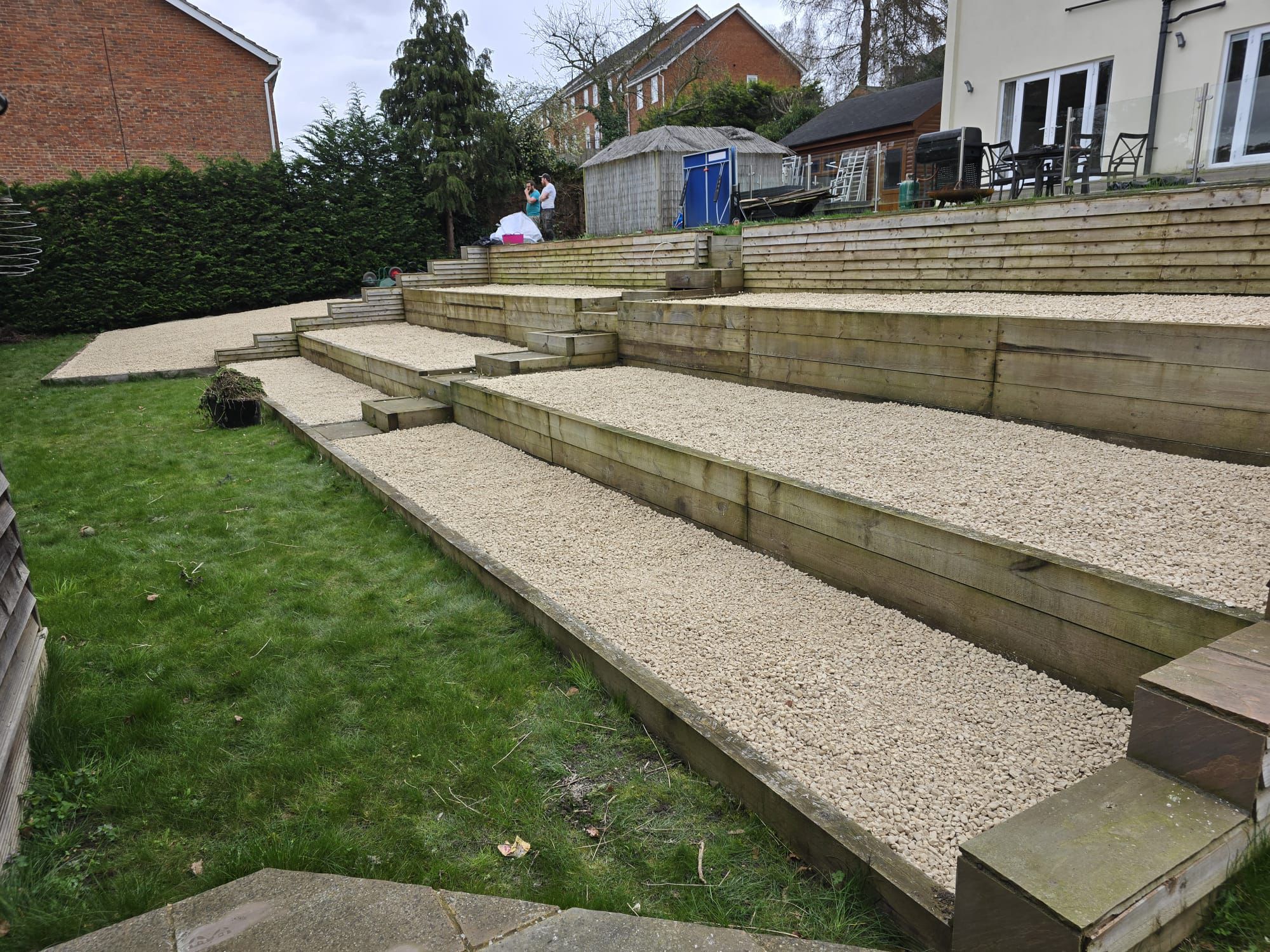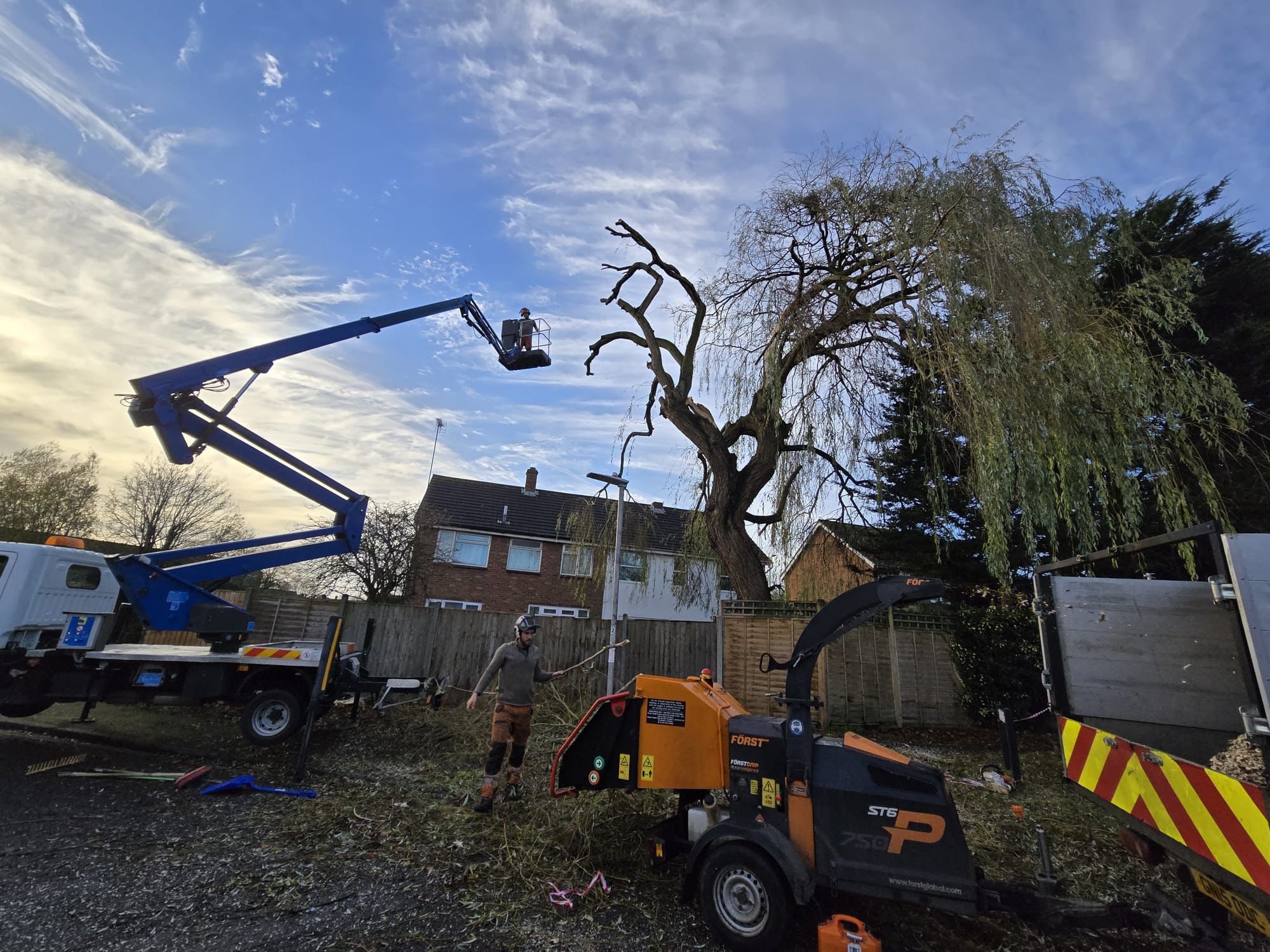Best Time for Tree Pruning in 2025: A Complete Timing Guide

Forestwood Services Team
Certified Arborists with 15+ years experience

Proper timing is crucial for successful tree pruning. Prune at the wrong time, and you risk weakening the tree, reducing flowering, or making it susceptible to disease. This comprehensive 2025 guide will help Hertfordshire property owners understand when to prune different tree species for optimal health and growth.
Why Timing Matters in Tree Pruning
Tree pruning timing affects several critical factors:
- Wound healing: Trees heal faster when pruned during optimal periods
- Disease resistance: Certain times reduce infection risk
- Flowering and fruiting: Timing preserves next year's blooms
- Energy reserves: Pruning when energy is stored promotes recovery
- Pest attraction: Some pests are drawn to fresh cuts at specific times
2025 Climate Note: Climate change is affecting traditional pruning calendars. Some species are budding earlier, requiring adjusted timing schedules.
Seasonal Pruning Calendar for Hertfordshire
Winter (December - February)
Best overall time for most species
Ideal for Winter Pruning
- • Most deciduous trees
- • Apple and pear trees
- • Oak, ash, and beech
- • Lime and plane trees
- • Structural pruning work
Avoid Winter Pruning
- • Cherry and plum trees
- • Walnut and birch
- • Maple species
- • Trees prone to bleeding
- • Recently planted trees
Spring (March - May)
Limited pruning window
Spring Caution: Avoid heavy pruning during bud break and leaf emergence as this stresses trees when they need maximum energy.
- Early spring only: Emergency pruning and deadwood removal
- Avoid: Major structural work on most species
- Exception: Evergreens can be lightly pruned
Summer (June - August)
Selective pruning opportunities
- Stone fruits: Cherry, plum, and damson (July-August)
- Wisteria: Summer pruning for flower production
- Vigorous growth control: Reduce excessive shoot growth
- Water sprouts: Remove unwanted growth
Autumn (September - November)
Generally avoided
- Risk: Wounds may not heal before winter
- Exception: Emergency storm damage cleanup
- Late autumn: Some experts recommend late November pruning
Species-Specific Pruning Guide
| Tree Species | Best Time | Avoid | Special Notes |
|---|---|---|---|
| English Oak | Dec-Feb | Apr-Jun | Avoid during oak processionary moth season |
| Cherry | Jul-Aug | Oct-May | Silver leaf disease prevention |
| Birch | Jul-Aug | Feb-May | Heavy bleeding if pruned early |
| Apple | Dec-Mar | Apr-Oct | Before bud break for best results |
| Conifer | Apr-May | Autumn | Light pruning only |
Pruning Types and Timing
Emergency Pruning
Timing: Any time of year when safety is at risk
- Storm-damaged branches
- Disease control (immediate removal)
- Structural failures
- Clearance for utilities
Formative Pruning (Young Trees)
Timing: Late winter to early spring
- Establish strong structure
- Remove competing leaders
- Develop good branch spacing
- Best done on trees under 10 years old
Maintenance Pruning
Timing: Species dependent
- Crown cleaning (deadwood removal)
- Crown thinning
- Crown reduction
- Vista pruning
Weather Considerations for 2025
Temperature Guidelines
- Avoid pruning when: Temperature below -5°C
- Ideal conditions: Mild, dry weather
- Frost risk: Wait for settled weather after hard frosts
Seasonal Weather Patterns
The Met Office predicts for 2025:
- Milder winters: Extended pruning window
- Earlier spring: Adjust timing for bud break
- Wetter summers: Consider disease pressure
Signs You're Pruning at the Wrong Time
Warning Signs
- • Excessive bleeding from cuts
- • Slow wound healing
- • Reduced flowering next season
- • Increased pest activity
- • Fungal infections at cut sites
- • Stress-related leaf drop
Good Timing Indicators
- • Quick wound closure
- • Minimal bleeding
- • Strong new growth
- • Maintained flowering
- • Good overall tree health
- • Pest resistance
Professional vs. DIY Timing Considerations
When to Call Professionals
- Large trees: Over 5 meters or near structures
- Valuable specimens: Mature or rare trees
- Disease management: Suspected infections
- Complex timing: Uncertain about species requirements
- Legal requirements: TPO or conservation area trees
Expert Pruning Services
Our certified arborists understand the precise timing requirements for every tree species in Hertfordshire. We'll ensure your trees are pruned at the optimal time for health, growth, and flowering.

About Forestwood Services
Our experienced arborists have been providing expert tree pruning services across Hertfordshire for over 15 years. We understand the unique requirements of local tree species and climate conditions.
Related Articles

Spring Tree Health Assessment: Your 2025 Guide
Learn how to assess your trees' health after winter for optimal care planning.
Read More →
Summer Tree Care: Drought Protection Strategies
Essential summer care tips to protect your trees from heat and drought stress.
Read More →